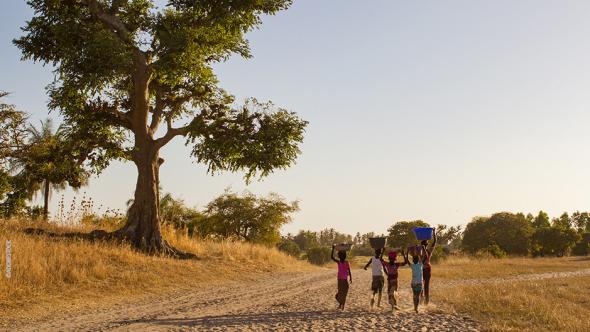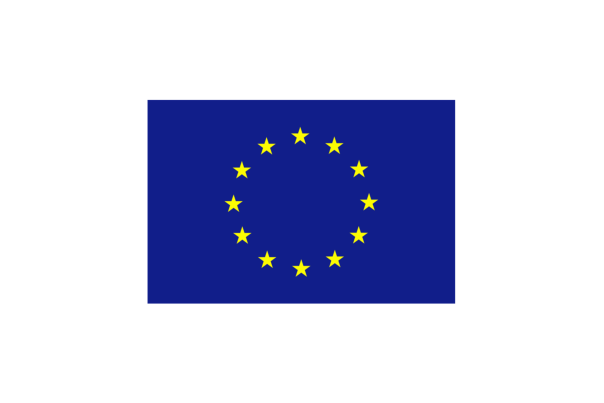Angélique Aristondo, a post-doctoral fellow in the Come to Wallonia | Connect to Wallonia (C2W) project at UNamur, was awarded the prize for her research project entitled "Fighting violence against women in Senegal: for a situated and "bottom-up" history of a health and social emergency", co-funded by the European Union's Horizon 2020 research and innovation program under the Marie Skłodowska Curie grant agreement. The award, presented annually around Women and Girls in Science Day on February 11, recognized three female researchers operating outside STEM disciplines.
"Women and Girls in Science Day has the immense merit of celebrating women researchers. However, this kind of event sometimes leaves out women researchers in the arts and humanities. The prize awarded by the Femmes et sciences committee is open to all disciplines, and this diversity is much appreciated", emphasizes the researcher.
This project follows on from her doctoral research, completed in 2022, which focused on the impact of the First World War on perceptions and discourses relating to gender violence and sexual consent in France from 1914 to the post-Second World War period. Her thesis is due to culminate in a monograph next year.
For the past year and a half at UNamur, Angélique Aristondo, a member of the NaLTT and PaTHs research institutes, has been working on the (post)colonial history of violence against women in Senegal. This project falls within the field of gender history, while adopting a critical, even postcolonial, perspective on contemporary discourses linked to such violence. The underlying hypothesis suggests that the dynamics between the colonial order and political, racial and gendered struggles for emancipation have complexly influenced the discourses and devices for preventing violence against women in the postcolonial era.

